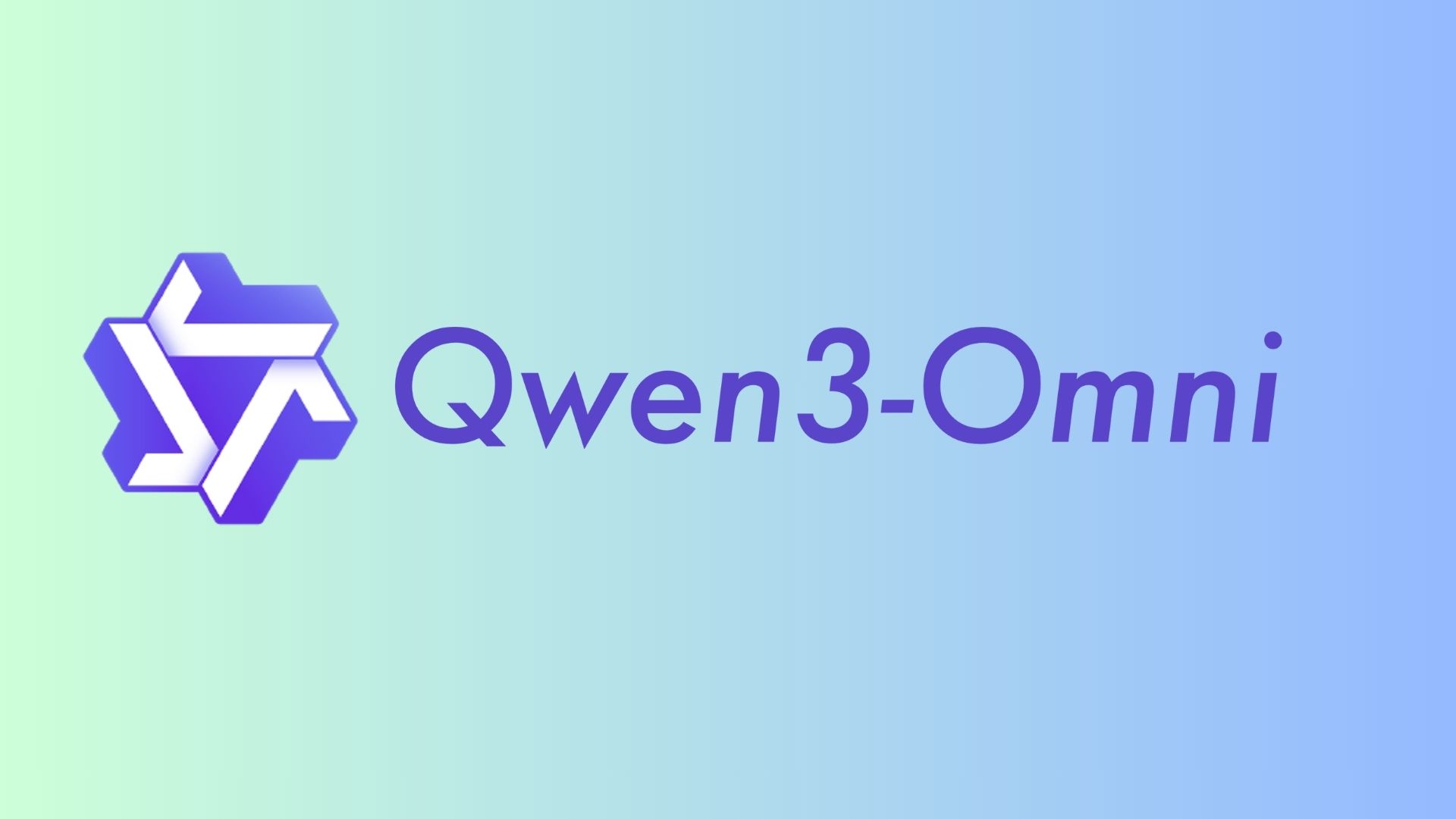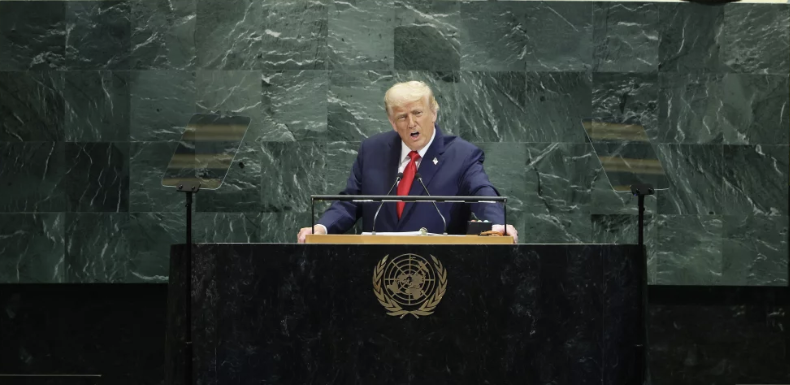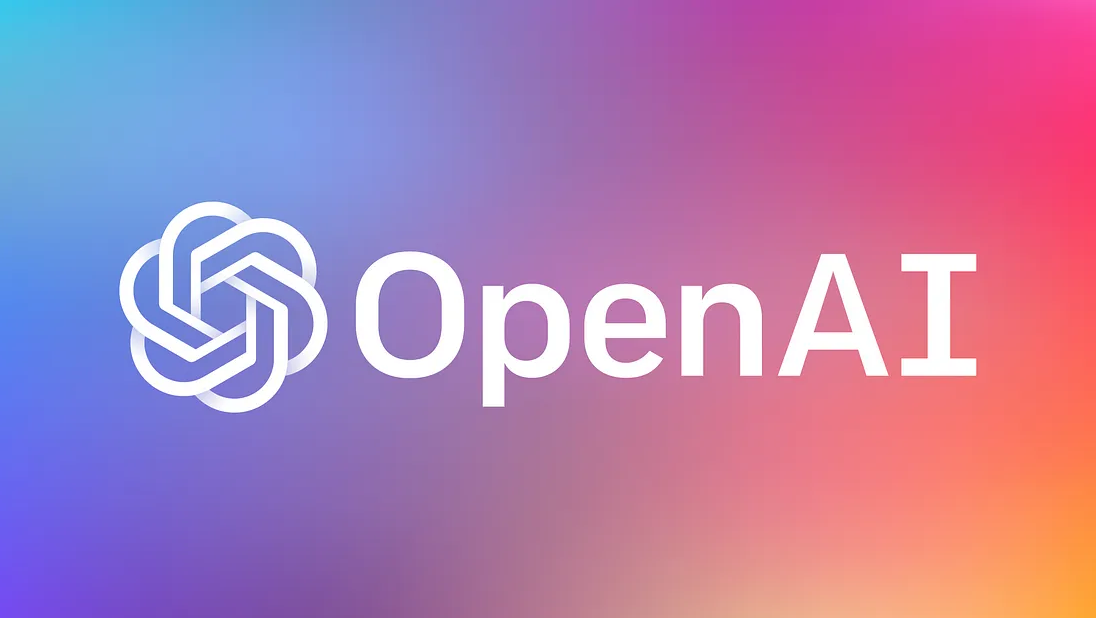The US took a combative stance on global rules for AI at this week’s UN General Assembly (UNGA 80), rejecting efforts to place AI under any centralised international authority. While heads of state, corporate executives, and academics urged coordinated guardrails, Washington argued that the UN is not the venue to manage the technology and that countries should keep control over their AI policies.
At a Security Council session on Wednesday, Michael Kratsios, then head of the White House Office of Science and Technology Policy, said the US ‘totally rejects’ attempts by international bodies to impose global governance on AI. He framed the best path forward not as ‘bureaucratic management’ but as a system rooted in national independence and sovereignty, signalling clear resistance to top-down multilateral rules.
The White House nevertheless highlighted specific arenas where cross-border verification could matter. In his General Assembly speech a day earlier, President Donald Trump said the US plans to pioneer an AI-enabled verification system to help enforce the Biological Weapons Convention. He described AI as a technology with enormous upside and real risks, adding that the UN could still play a ‘constructive’ role on discrete projects.
US diplomats later tried to square that circle, saying that Washington supports cooperation with ‘like-minded nations’ and will push in international forums for governance approaches that spur innovation, align with American values, and counter authoritarian models. In other words, the US favours coalitions and standards it can help shape, rather than a single, UN-led regime.
Such a position clashed with multiple initiatives unveiled in New York. On Thursday, Secretary-General António Guterres launched the Global Dialogue on AI Governance, an all-member-state platform meant to ‘lay the cornerstones of a global AI ecosystem’ capable of keeping up with rapid advances. Nobel laureate Daron Acemoglu underscored the urgency, calling AI ‘the biggest threat that humanity has faced,’ a view intended to galvanise broad, coordinated oversight.
UN officials pushed back on the notion that the US is at odds with the organisation’s ambitions. Amandeep Singh Gill, the secretary-general’s envoy for digital and emerging technologies, said that Washington’s scepticism has been misread and that there is room for US leadership within an inclusive global process. For now, the fault line is clear: many governments want a common framework under UN auspices, while the US is betting on national sovereignty, flexible coalitions, and targeted tools, especially for security, over a single centralised AI rulebook.
Would you like to learn more about AI, tech, and digital diplomacy? If so, ask our Diplo chatbot!










